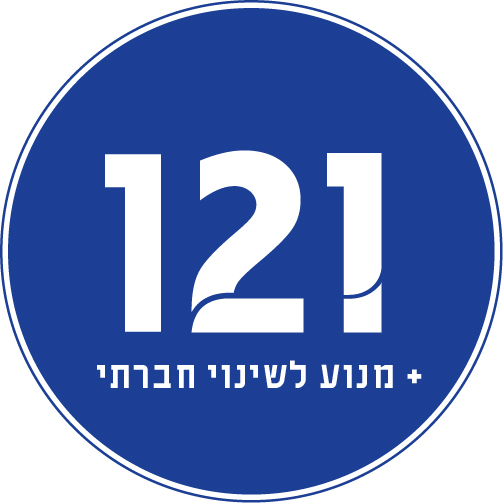
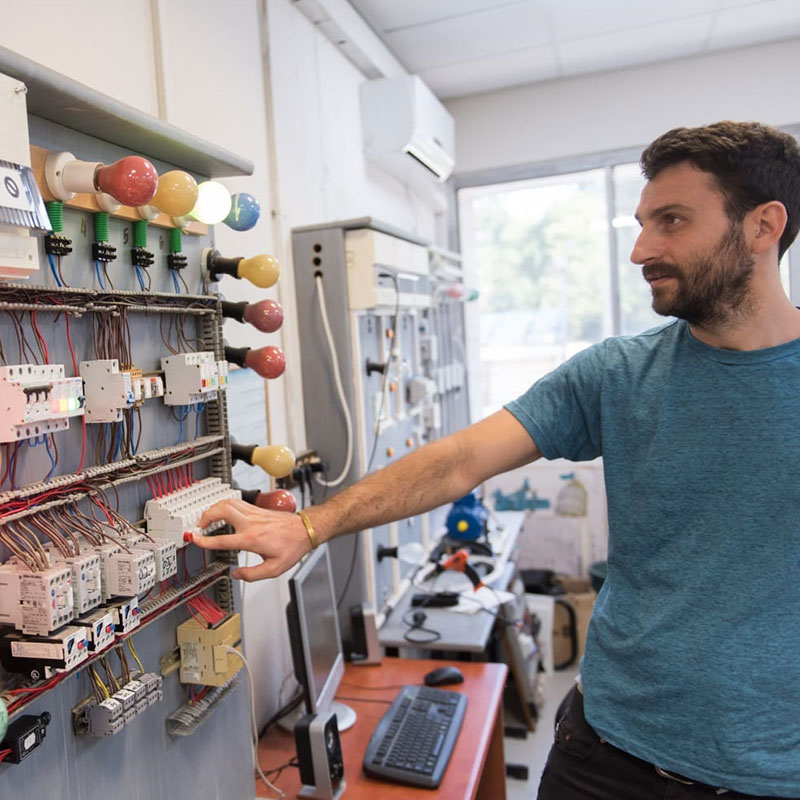
In today’s competitive and rapidly evolving workforce, there is an urgent need to support adults without higher education in developing and updating their skills
The Springboard is an innovative partnership between the business, philanthropic, and non-profit sectors. It collaboratively strives to promote government reforms and boost investment in vocational training programs.
When executed effectively, training can lower unemployment rates, enhance productivity, and improve citizens' quality of life. It also provides significant advantages for employers by helping to bridge the skills gap.
As most Israelis without higher education come from social and geographic peripheries, investing in high-quality training fosters social mobility and equality.
Why is the Springboard Partnership Essential?
- The labor market changes brought about by COVID-19 have left hundreds of thousands of Israelis without the necessary skills and knowledge. They require professional training to successfully transition into new workforce roles, and the Springboard Partnership is here to facilitate that change.
- The government is underinvesting in developing workers’ skills and capabilities, failing to keep pace with the rapidly evolving labor landscape. By partnering with various sectors, we can advocate for increased investment in skill development.
- Tens of thousands of professionals are missing from the Israeli workforce. While many employers are eager to train these workers, the government has yet to partner with most of them. The Springboard aims to bridge this gap and create a collaborative training ecosystem.
- The Israeli economy has long struggled with low productivity. Half of Israel’s high school graduates do not pursue higher education, which limits their employment opportunities due to a lack of essential knowledge and skills. By investing in these individuals now, we can open doors to a brighter future for both them and the economy.

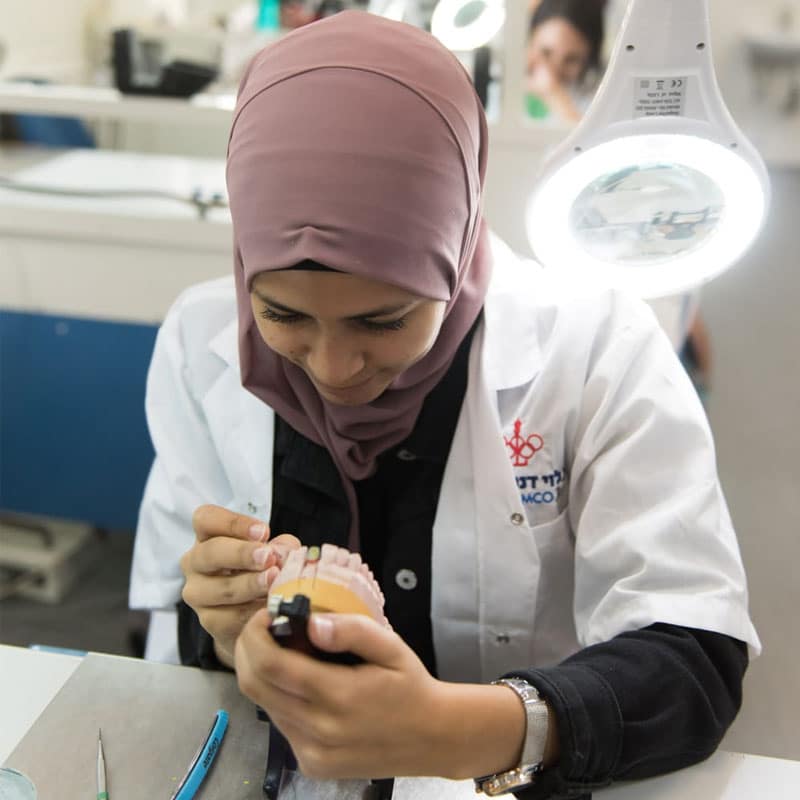
What Are Our Benchmarks for Success?
- Enhanced Access to Quality Training Programs: We aim to substantially increase publicly funded training programs, targeting 50,000 adults trained each year—up from just 14,000 in recent years. Our vision includes offering diverse training opportunities across various industries and fields, reaching individuals from all population groups throughout the country.
- Employer Engagement: Employers will play a central role as full partners in developing and implementing training courses. This includes providing valuable work experience, assisting with job placements, participating in subsidizing training costs, and offering promotions to workers who complete their training.
- Ongoing Monitoring and Evaluation: A robust regulatory mechanism will focus on measuring the effectiveness of training programs while minimizing bureaucratic hurdles. We believe constant evaluation is essential to ensure the training meets its goals.
- Support for Participants: To ensure that all individuals can participate, we will advocate for government measures to provide subsistence grants and/or loans to those who do not qualify for unemployment benefits during their training period. This support will help alleviate financial burdens and encourage participation.
What Do The Springboard Members Do?
- Influence Policy: Members leverage their extensive knowledge and experience to present the government with concrete policy proposals that deliver significant value.
- Mobilize Support for Our Goals: They actively participate in meetings with decision-makers, engage in Knesset discussions, contribute to conferences and panel discussions, and represent us in the media.
- Connect with Other Stakeholders: Our partners hail from civil society, the business sector, and the philanthropic community. They play a vital role in helping us reach and enlist new partners, enhancing the Springboard’s reach and impact.
- Connect with Other Stakeholders: Our partners hail from civil society, the business sector, and the philanthropic community. They play a vital role in helping us reach and enlist new partners, enhancing the Springboard’s reach and impact.
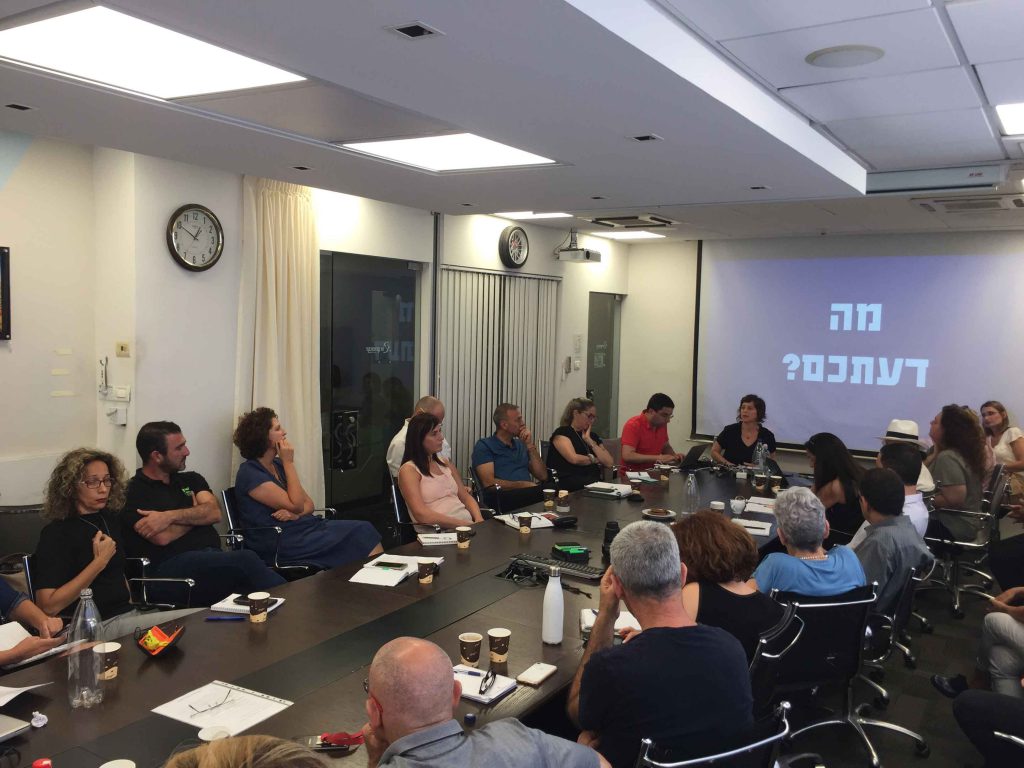
Who are the beneficiaries of the Springboard partnership?
Higher-Wage Skilled Workers: These individuals face job risks due to automation and other changes and need support to transition to new professions.
Low-Wage Skilled Workers: Our initiatives will benefit those looking to increase their income and enhance their skill sets.
Adults Entering or Re-entering the Workforce: Individuals over 18 who are entering the workforce for the first time or returning after significant absences and seeking to acquire a profession.
Unemployed Workers: Those without jobs will receive targeted assistance to improve their employability.
Our Goals
Establish a Public System for Job Skills Development: We aim to create a system tailored to current market conditions and economic demands
Increase State Investment in Skill Development: We seek a substantial increase in government funding for workforce skill development
Develop Tailored Professional Training Programs: Our programs will cater to diverse populations, including those from peripheral settlements, Arab society, and the ultra-Orthodox community, based on a comprehensive understanding of existing barriers
Action and achievements so far
1. Successfully overturning legislation that reduced unemployment benefits for vocational training participants by 30%.
2. Succeeding in convincing the state to allocate a budget to provide subsistence scholarships for vocational training participants ineligible for unemployment benefits.
3. We convinced the state to change the way of operating and supporting professional training: From trainings performed without the involvement of employers to trainings that are done in collaboration with employers and guarantee the quality of the training and the placement after it.
4. Breaking a three-decade-long impasse in state-funded vocational training, which was on the brink of being completely dismantled.
5. Promoting employer engagement in establishing professional training programs through recruitment, financing, and government incentives.
6. Establishing the Springboard as the foremost authority in the field of professional training and occupational development.
Projects Status
The "Iron Swords" war began before the Israeli economy fully recovered from the Covid crisis, prompting an urgent need for the state's attention to properly and quickly invest in helping those who were occupationally harmed during this difficult period. In a brief period, many businesses closed or scaled back operations, leaving hundreds of thousands of citizens without income. Hardest hit were collapsing business owners, traumatized conflict victims and reservists struggling to adapt, and already vulnerable groups such as Arab and ultra-Orthodox communities and peripheral populations. The lack of assistance primarily impacts those in need of occupational rehabilitation, and subsequently, the Israeli economy, which urgently requires a skilled workforce to function and aid in addressing the economic crisis.
Our Solution
Establishment of a National Employment Reconstruction System. Addressing the need for new employment opportunities demands a comprehensive toolkit: career counseling, training in new professional skills, job placement assistance, and more. Consequently, the state must reform and enhance support systems for job seekers, investing in necessary assistance. Ensuring a robust employment outlook for those in need entails fostering stronger collaboration among government entities, the business sector, and organizations specializing in professional training and employment support.
Funding Partners
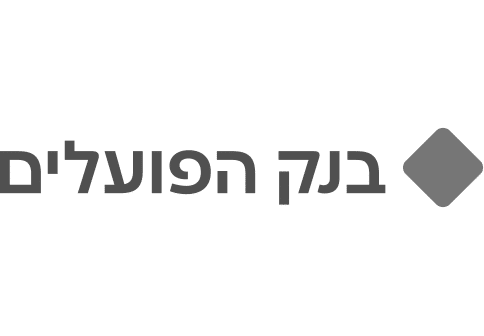
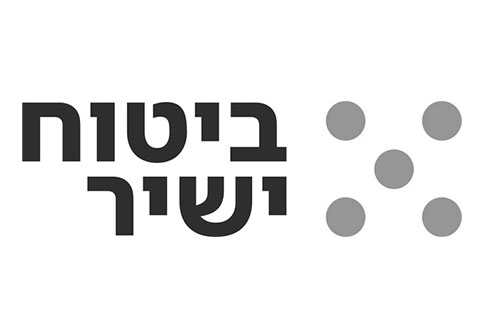
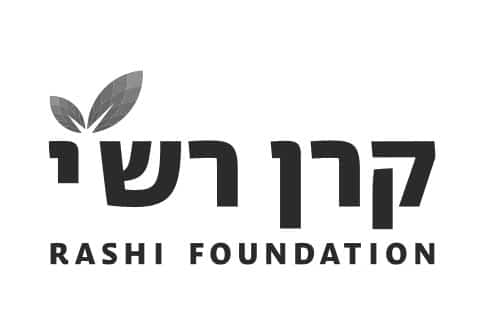
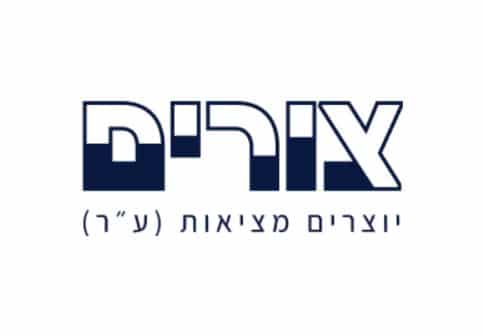
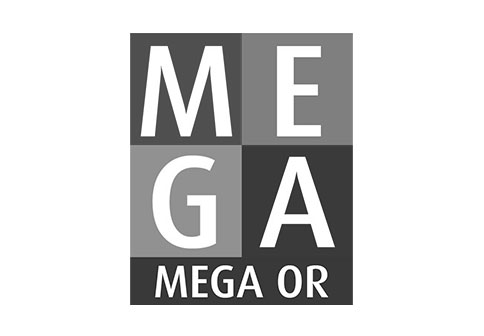
Partners
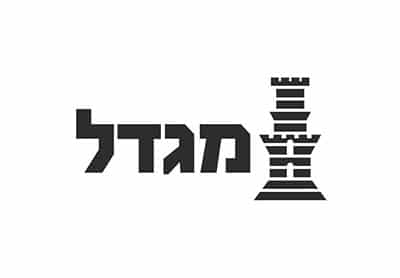
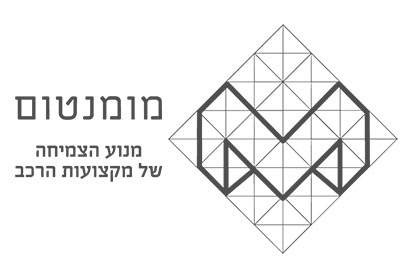
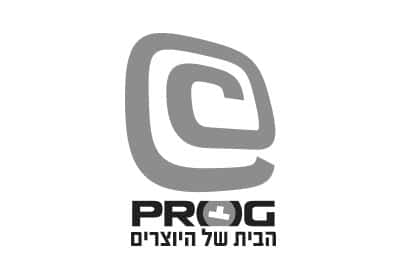
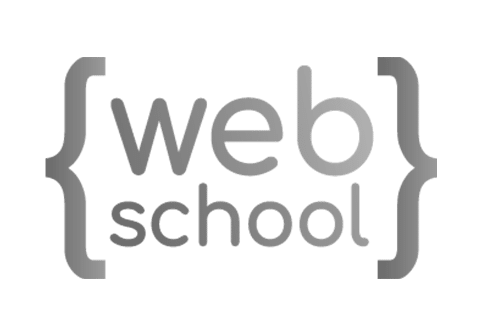
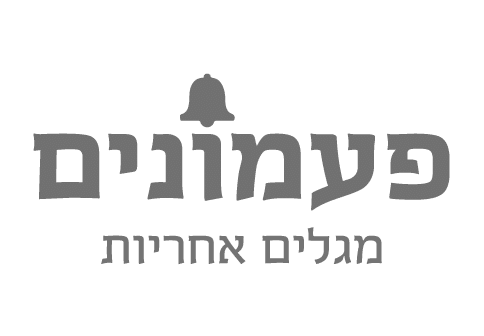

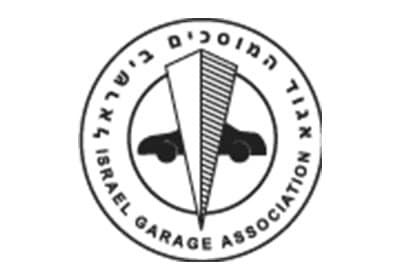
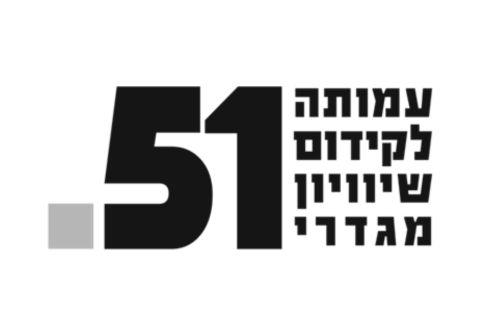

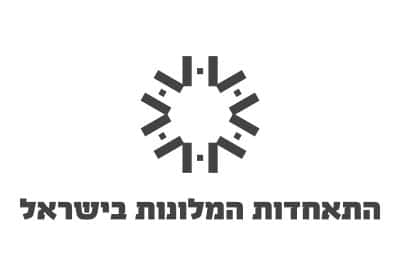
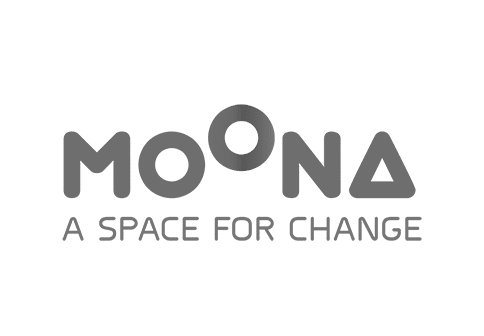
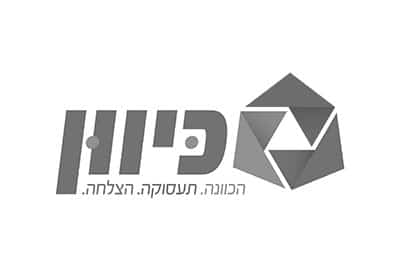
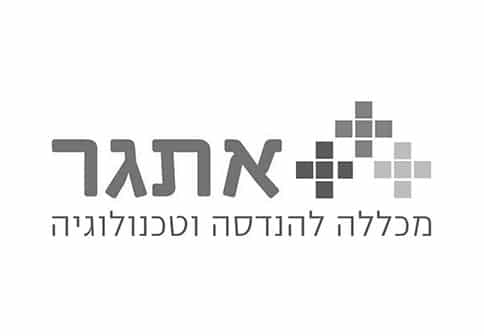
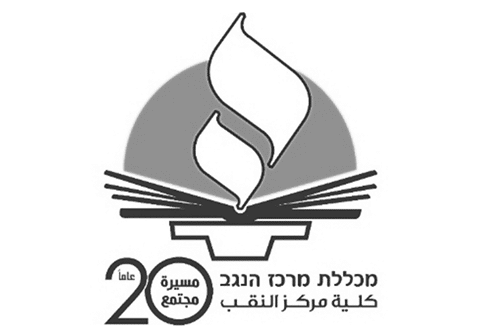
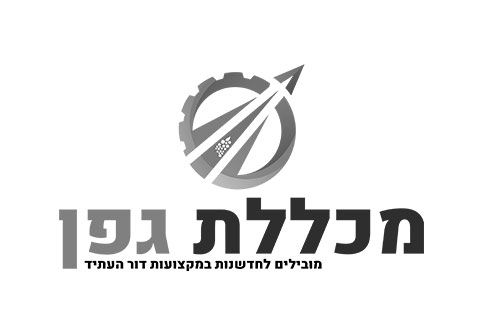
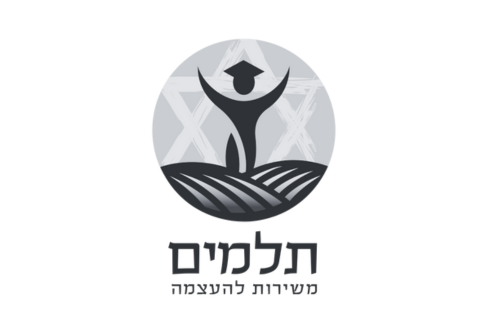
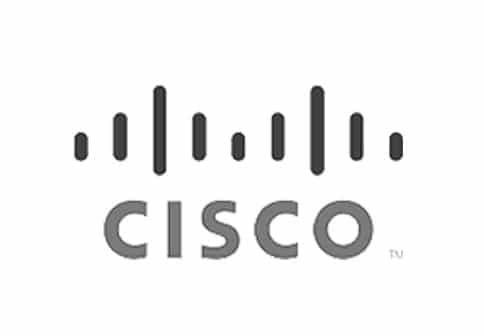
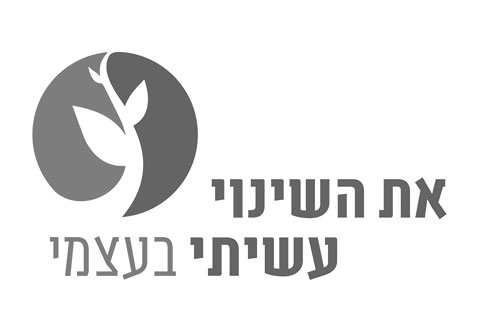
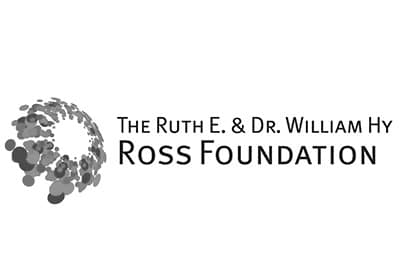

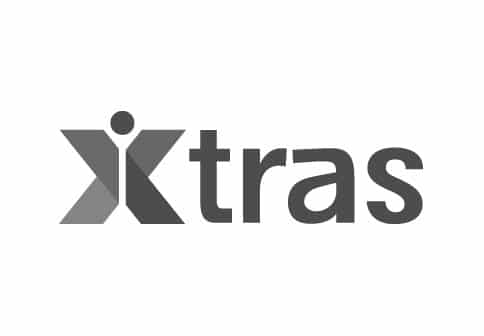
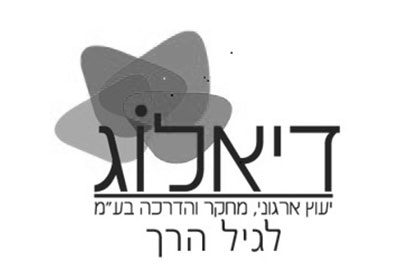
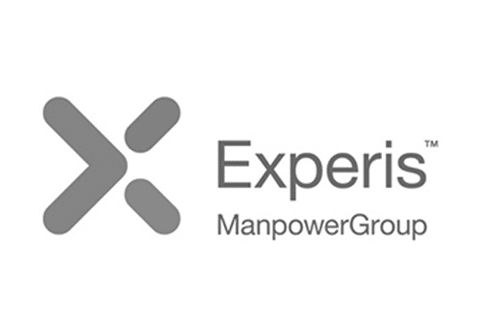

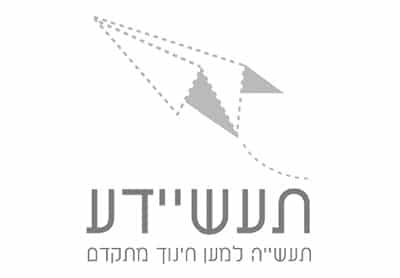
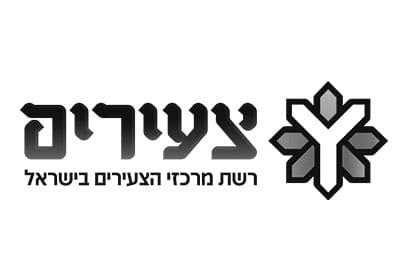


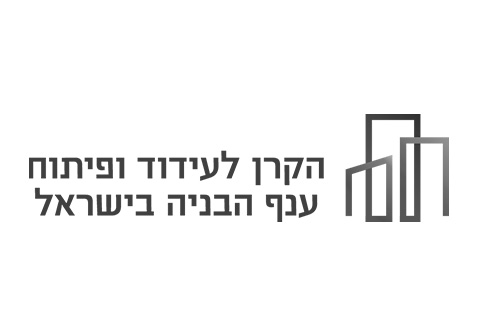
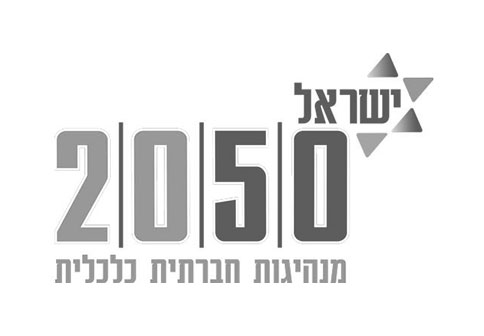


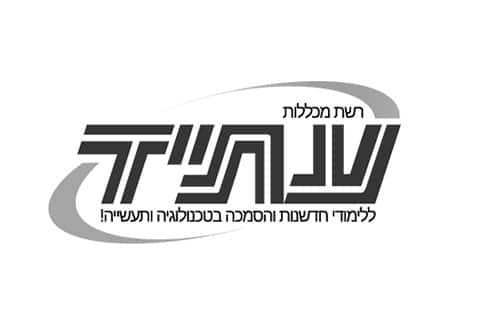


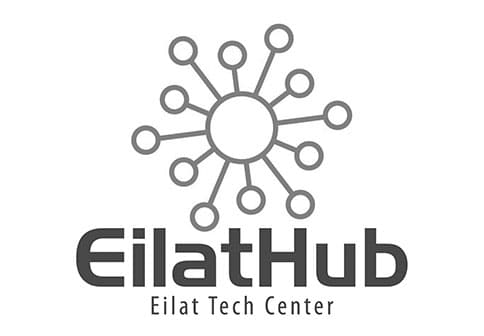
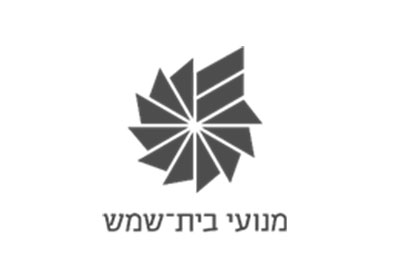
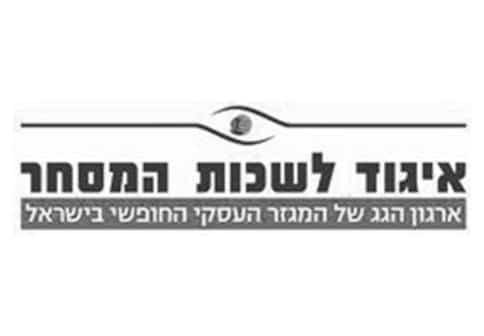

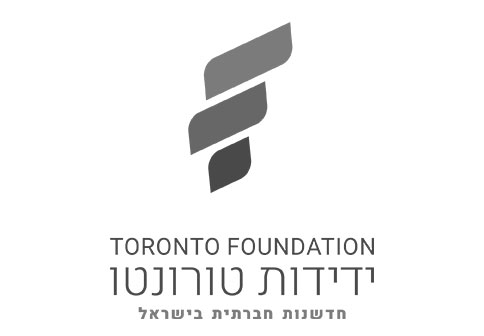

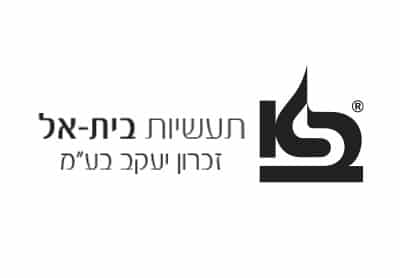
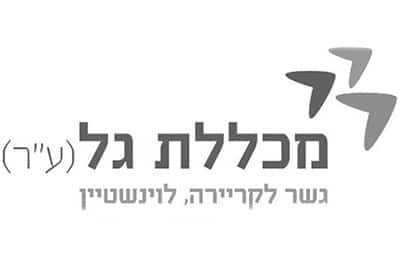
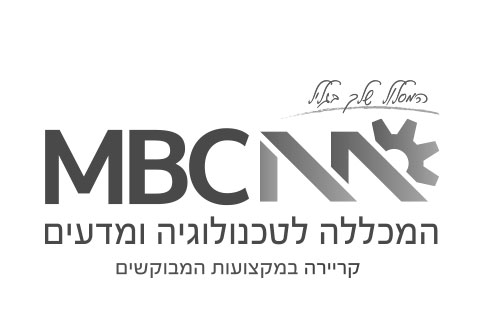
Want to get involved?
We'd love to hear from you!
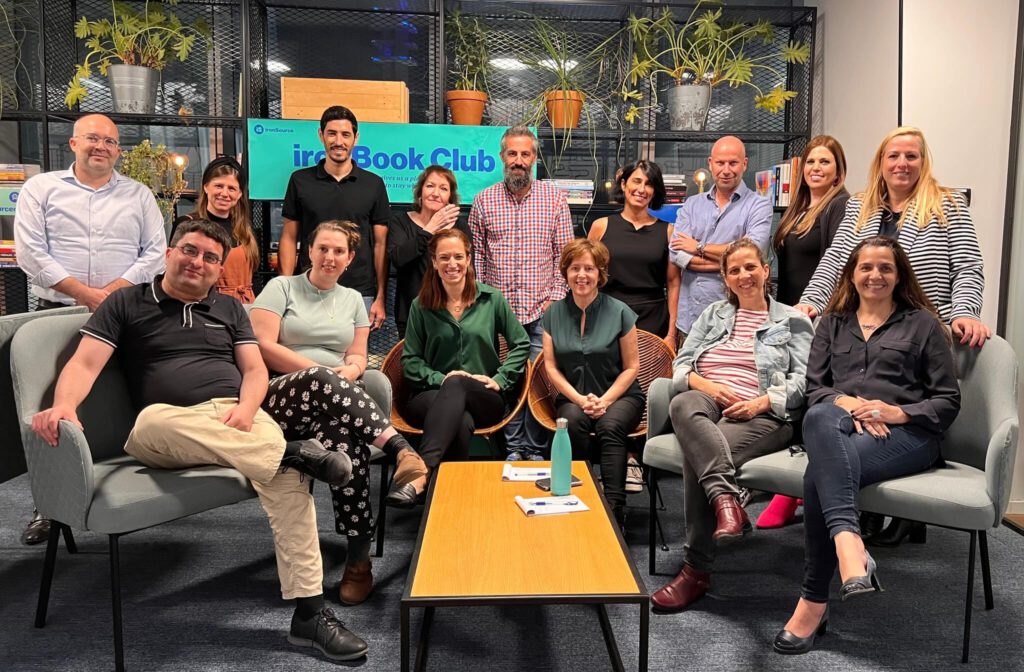
Share:
